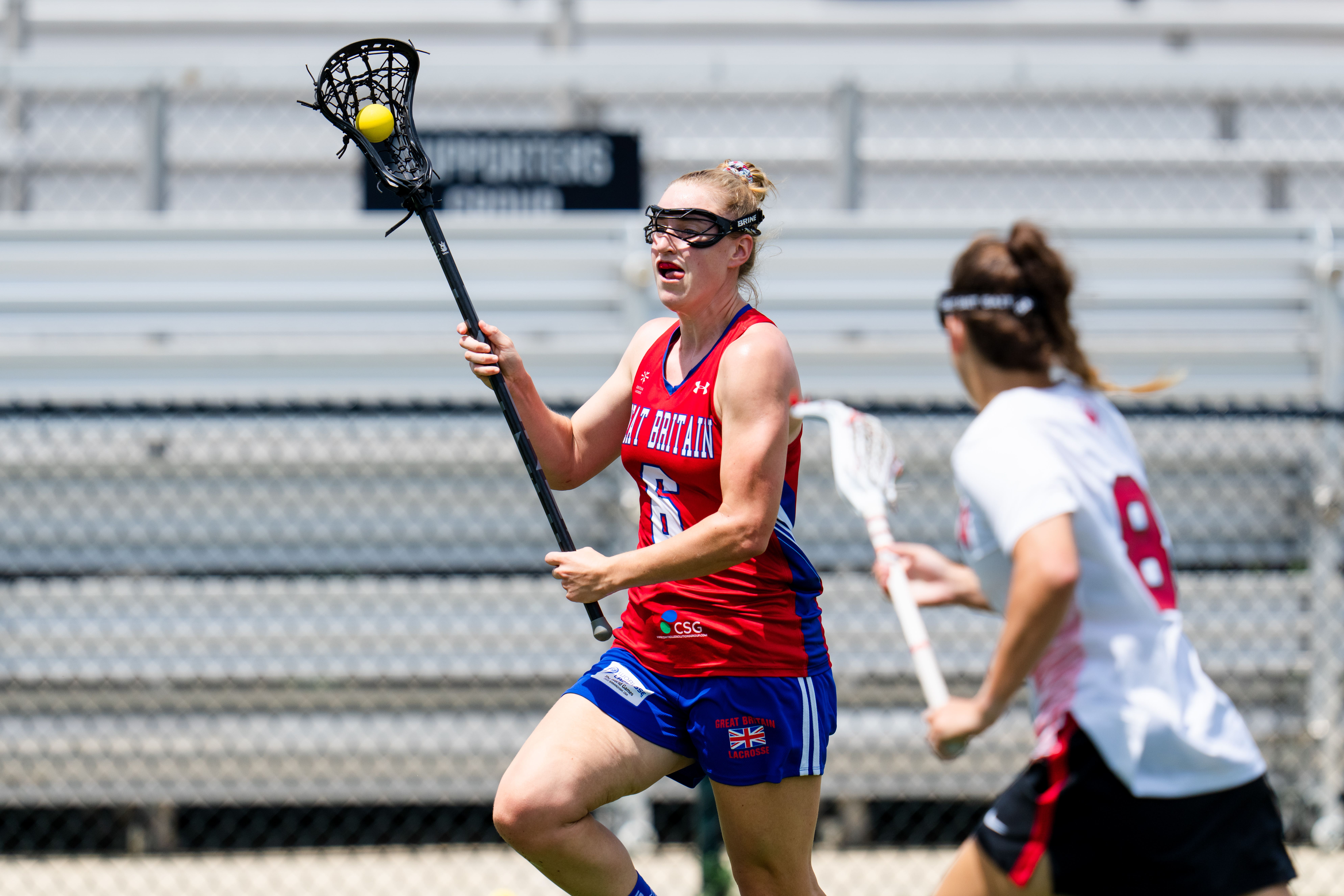Lacrosse’s Olympic return hailed as ‘immense’ and ‘watershed moment’ for sport
Lacrosse made its Olympic debut in 1904 but has featured only once on the official programme since.

Your support helps us to tell the story
From reproductive rights to climate change to Big Tech, The Independent is on the ground when the story is developing. Whether it's investigating the financials of Elon Musk's pro-Trump PAC or producing our latest documentary, 'The A Word', which shines a light on the American women fighting for reproductive rights, we know how important it is to parse out the facts from the messaging.
At such a critical moment in US history, we need reporters on the ground. Your donation allows us to keep sending journalists to speak to both sides of the story.
The Independent is trusted by Americans across the entire political spectrum. And unlike many other quality news outlets, we choose not to lock Americans out of our reporting and analysis with paywalls. We believe quality journalism should be available to everyone, paid for by those who can afford it.
Your support makes all the difference.When lacrosse made its Olympic debut in St Louis in 1904 the bronze medal was won by a team of Mohawk Indians whose names included Snake Eater, Rain in Face and Man Afraid Soap.
Well over a century later, the sport is preparing to return to the official Games programme in Los Angeles in 2028 in a form that would have been wholly unrecognisable to its Native American pioneers.
What is said to have started as a game involving hundreds of participants who chased a ball wrapped in deer-hide over miles-wide courses, often for days on end, has been compacted for Olympic purposes into a fast-paced, half-hour, six-a-side showpiece.
Lacrosse sixes, which was developed as a variant of the established 10-a-side format, featured in last year’s World Games in Birmingham, Alabama, and has been confirmed as one of five new sports by the International Olympic Committee.
Great Britain’s men’s and women’s sides both finished fourth in the World Games, raising the prospect of real medal potential, and the kind of improved profile and potentially also funding that until recently would have seemed unthinkable for generations of domestic lacrosse players.
“It’s an immense moment for the sport and Olympic inclusion will give the sport the kind of global recognition we as players have always felt it deserves,” England’s Emma Oakley, who plays for Hawks Lacrosse Club in Richmond, west London, told the PA news agency.
“Since the sixes game has been introduced everyone has got fully on board with it. It is such an exciting version of the sport, it condenses all of its best elements and it is exceptionally viewable for people who are new to lacrosse.”
Sixes is played over four, eight-minute quarters and continues the evolution of the game, which was dropped as a full Olympic sport in 1908 but subsequently made three more appearances as a demonstration event, most recently in 1948, when England and the United States played out a 5-5 draw at Wembley.
Despite its changes, the sport retains huge popularity among Native American communities. The Haudenosaunee, a team representing the Iroquois Confederacy, regularly competes in international tournaments and is currently ranked inside the world top 10 in both men and women.
“As a young girl when I started in the sport I always knew lacrosse had been in the Olympics but I never dreamed it would be back, and it is lovely to have that legacy from so long ago,” continued Oakley.
“I loved the sport from the moment I started and it is great to think that along with the Lionesses and the Red Roses, who have allowed girls to see women competing on a global stage, lacrosse can become another option.”
As a young girl when I started in the sport I always knew lacrosse had been in the Olympics but I never dreamed it would be back, and it is lovely to have that legacy from so long ago
Although Canada and the United States tend to dominate over the more traditional format, sixes has created realistic opportunities for other nations, with Japan and Australia pipping Britain to bronze medals in Alabama.
British Lacrosse chairman Leslie Rance described Olympic inclusion as a “watershed moment” for the sport in this country and the end of a “long, long wait” to return to the programme.
“We know there is a lot of work to do over the coming years, firstly to qualify for the Games and then to ensure we are prepared to compete for medals,” said Rance.
“But I know that our team of coaches, support staff and players are ready for the exciting challenges which lie ahead.”